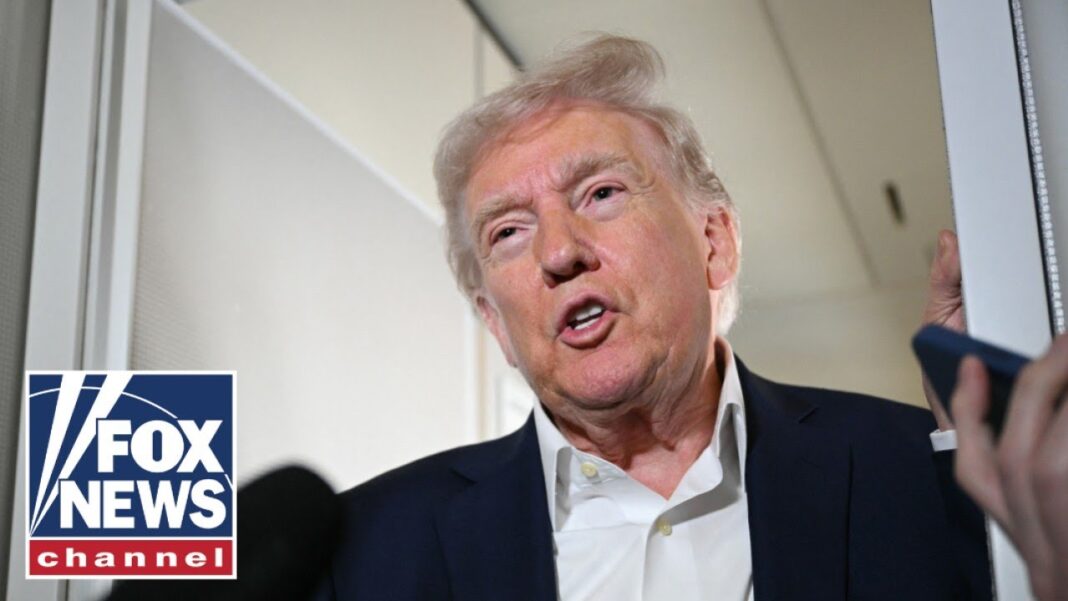‘This is not a permanent sort of exemption. [The president is] just clarifying that these are not available to be negotiated away by countries,’ he said.
Commerce Secretary Howard Lutnick said on April 13 that some electronics, including smartphones and computers, will fall under separate tariff plans that include semiconductors, which may be announced in a month or so.
Lutnick spoke with ABC’s “This Week” on Sunday, two days after President Donald Trump exempted a range of electronic product imports from his recent reciprocal tariffs on numerous trade partners with the United States.
The items excluded from reciprocal tariffs include smartphones, computers, servers, laptops, tablets, motherboards, processors, memory modules, machines used for manufacturing semiconductor devices, integrated circuits, flat panel displays, and related devices, according to updated guidance from Customs and Border Protection published on April 11.
Lutnick told ABC’s Jonathan Karl that Trump’s announcement on Friday only exempted those items from reciprocal tariffs.
“But they’re included in the semiconductor tariffs, which are coming in probably a month or two,” Lutnick said.
After Trump’s early April announcement of universal 10 percent tariffs on every U.S. trade partner, along with separate reciprocal tariffs for some, global and domestic stock markets underwent some turbulence. The president then paused almost all his tariffs for 90 days after declaring that he is brokering trade deals with numerous partners, while raising tariffs on Chinese imports to 145 percent.
After initially dropping on the April 2 tariff plan unveiling, the S&P 500 rose 9.5 percent—its highest single-gain day since October 2008—on Wednesday after Trump announced his 90-day pause on most tariffs. Its index, however, was still down 11.2 percent below a recent high in February.
While many of the president’s tariffs are open to negotiation, Lutnick emphasized that semiconductor-based technology products were exempted on Friday precisely because they’re non-negotiable.
“So this is not a permanent sort of exemption,” he said. “[Trump is] just clarifying that these are not available to be negotiated away by countries.”
Lutnick said tariffs on semiconductors and pharmaceuticals are necessary to encourage their production back to America.
“We need our medicines, and we need semiconductors and our electronics to be built in America,” he said.
“We can’t be beholden and rely upon foreign countries for fundamental things that we need. We can’t be relying on China for fundamental things that we need.”
By Jacob Burg






